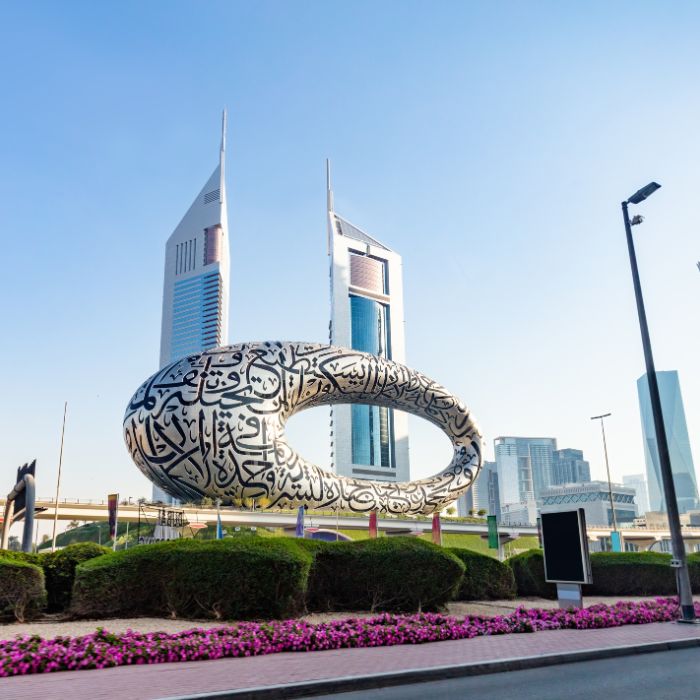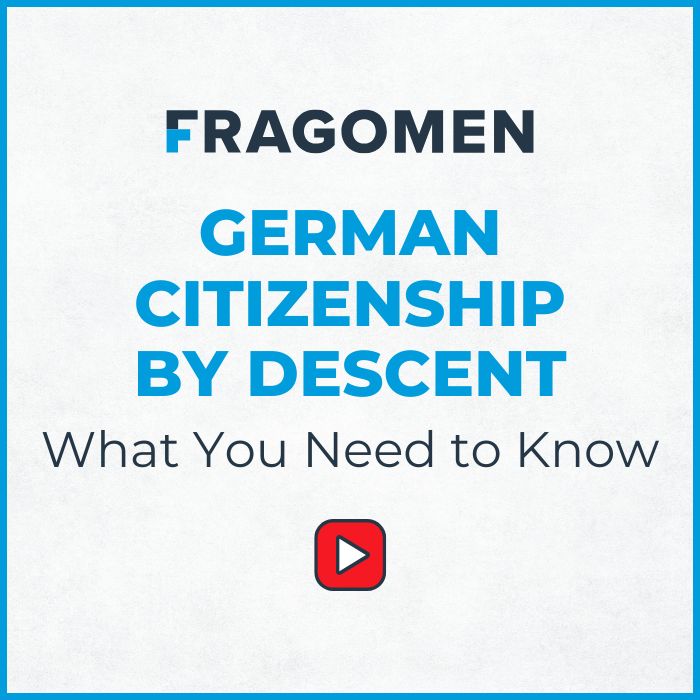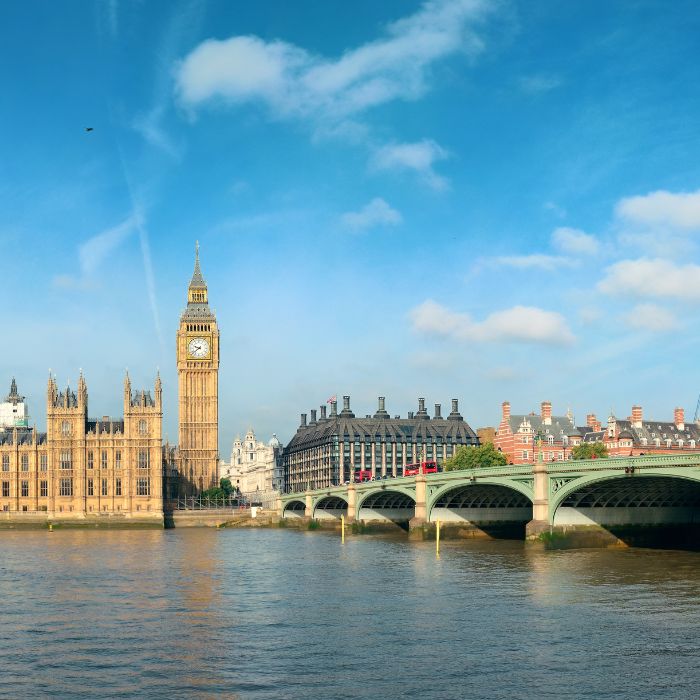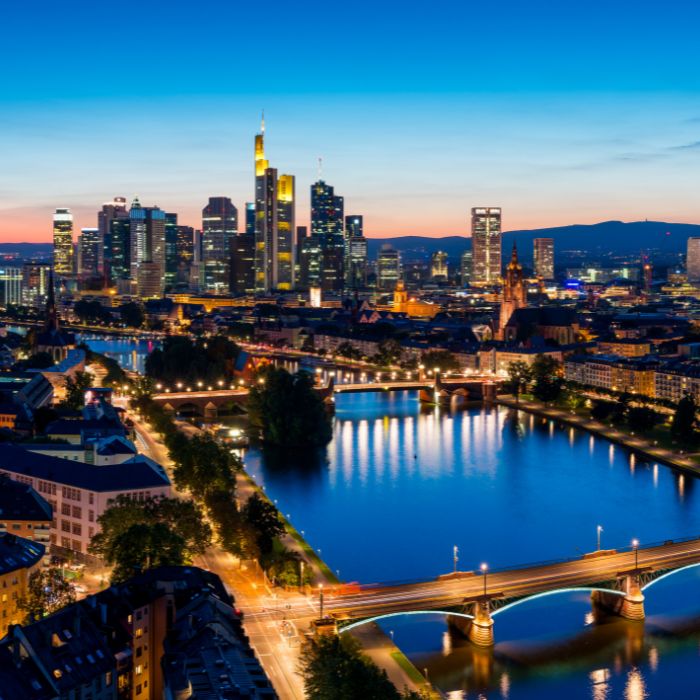Considerations for Obtaining Luxembourgish Citizenship
April 4, 2024
By: Virginie Todesco, Chiara Caredda
Luxembourg has emerged as an appealing haven for expatriates due to its flourishing economy, robust social welfare provisions, exemplary safety standards and enviable quality of life.
Known for its comprehensive social benefits, top-tier healthcare accessibility and superior educational offerings, Luxembourg stands out as a global leader with one of the highest GDP per capita figures worldwide. Its favorable business climate further enhances its allure, drawing entrepreneurs, investors and professionals keen on lucrative prospects, particularly in sectors like real estate and finance.
Moreover, Luxembourg prides itself on fostering cultural and linguistic diversity, boasting a foreign resident population exceeding 47% and officially recognizing three local languages—German, French and Luxembourgish.
Given these factors, it comes as no surprise that interest in Luxembourgish citizenship is burgeoning, offering a streamlined application process not only for third-country nationals but also for citizens of other EU member states.
Paths to citizenship and types of applications
Acquiring Luxembourgish citizenship offers multiple pathways, and more than one pathway may often apply to a single case.
For minors, citizenship may be automatically granted if one parent or adoptive parent is a Luxembourgish national, or through birth on Luxembourgish soil if at least one biological or adoptive parent was also born in Luxembourg, among other scenarios.
If citizenship cannot be acquired automatically, alternative methods exist. Eligible individuals can pursue naturalisation, option or reclamation. Naturalisation involves submitting a declaration, typically requiring a minimum residency of five years in Luxembourg, among other criteria, for any non-Luxembourgish adult aged at least 18.
Applying by option is restricted to 10 specific cases or individuals concerned. If falling within one of these cases, applicants must submit a declaration with specific supporting documents. These cases include scenarios where Luxembourgish nationality did not pass from a parent or grandparent, or through marriage to a Luxembourgish national.
Reclaiming Luxembourgish citizenship is an option for certain individuals who previously held citizenship, women who obtained their husband's nationality through marriage, or descendants of an ancestor who held Luxembourgish nationality on 1 January 1900, and subsequently lost it.
The processing time and appeal deadlines for decisions from the Ministry of Justice may vary depending on the type of application submitted.
Requirements
Some documents are commonly requested for any type of application, while others differ according to the case concerned.
In general, good conduct needs to be proven through a criminal record certificate. Documents must be either in German, French or English, and only translations from a sworn translator are accepted. Submitting birth and marriage certificates may require legalisation and notary services.
It is a common requirement to provide proof of integration into the Luxembourgish society, such as knowledge of the Luxembourgish language and the history of the Grand Duchy of Luxembourg.
The applicant must prove the level of language by a Luxembourgish language test pass certificate with a minimum level of oral expression test (level A2) and oral comprehension test (level B1).
The candidate for Luxembourgish nationality could either attend the "Vivre ensemble au Grand-Duché de Luxembourg" course about the fundamental rights of citizens, state and municipal institutions of the Grand Duchy of Luxembourg and its history (24 hours in total) or pass the test covering the topics taught in the course.
Benefits
There are several benefits to acquiring Luxembourgish citizenship.
Luxembourg accepts the principle of dual citizenship, so the applicant does not have to renounce the previous nationality to gain the Luxembourg one. However, this principle may not apply in the country of origin of the applicant. It is therefore advisable that the applicant checks with their immigration provider or with the authorities from the country of origin.
A Luxembourg passport is one of the strongest globally and includes visa-free travels to 187 countries; the same civil and political rights as any other Luxembourg national; unrestricted residence and work permissions within the Grand Duchy; access to the EU job market; and free movement within the EU.
The application is free of charge, and it is possible to gather the documents from abroad. However, the applicant must appear in person before the civil registrar in Luxembourg, and signature by proxy is not permitted.
Figures
In 2023, 11.904 people applied for Luxembourg citizenship, a marked increase from the number of applications in 2022:
|
Year |
Number of applications |
Type of application |
Total submitted |
Total approved |
|
2023 |
5.773 |
by option |
11.908 |
11.904 |
|
4.932 |
by reclaim |
|||
|
1.199 |
by naturalisation |
|
Year |
Number of applications |
Type of application |
Total submitted |
Total approved |
|
2022 |
5.193 |
by option |
10.500 |
10.499 |
|
4.273 |
by reclaim |
|||
|
1.033 |
by naturalisation |
Need to know more?
Acquiring citizenship in Luxembourg is not merely a legal process; it is a transformative journey that may open doors to a world of opportunity. Whether driven by economic prospects, a desire for a higher quality of life, or a sense of belonging to a welcoming community, individuals who choose to embark on a path to obtain citizenship hope to enjoy a promising future.
For questions regarding Luxembourgish citizenship, please contact Assistant Manager Virginie Todesco at [email protected] and Immigration Consultant Chiara Caredda at [email protected].
This blog was published on 4 April 2024, and due to the circumstances, there are frequent changes. To keep up to date with all the latest updates on global immigration, please subscribe to our alerts and follow us on LinkedIn, X, Facebook and Instagram.















